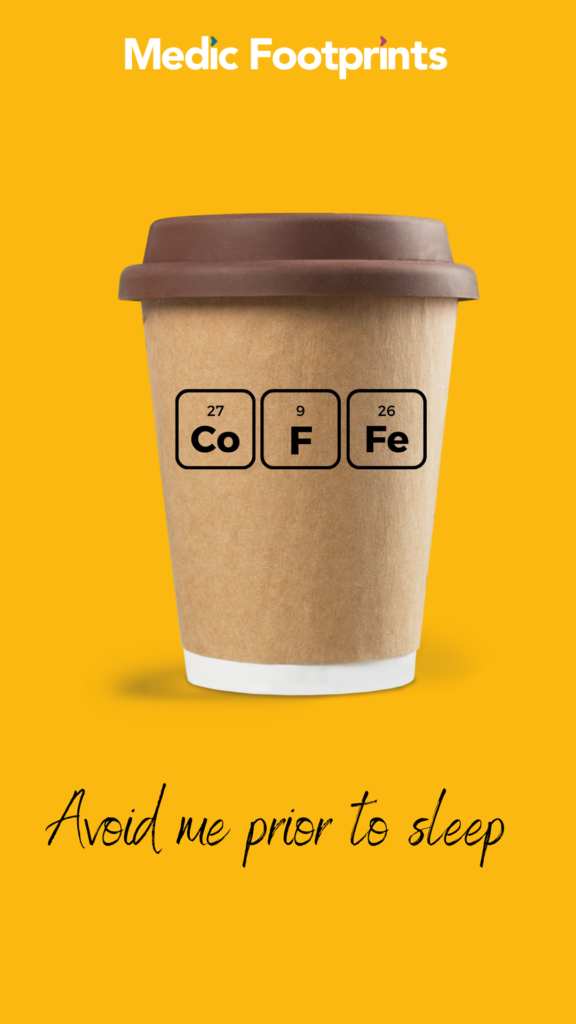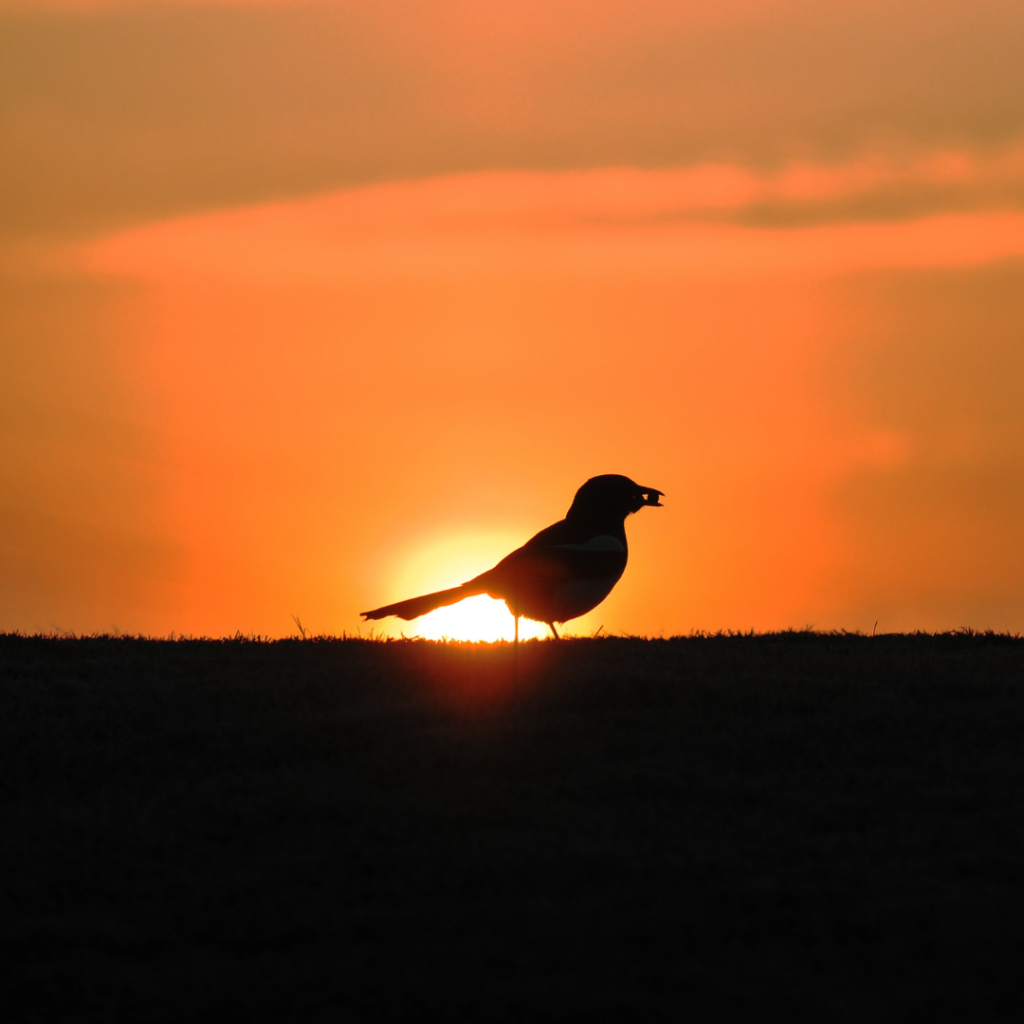Night shifts as a Junior Doctor: Survival guide
Have you got night shifts coming up? Medic Footprints present to you our top tips for surviving night shifts as a Junior Doctor

I have now completed my foundation training programme – so it is fair to say i have had my fair share of night shifts as a Junior Doctor! I would like to share the tips I have acquired for surviving the night shifts!
Surviving the night shifts as a Junior Doctor
Night shifts cause you to battle against your natural rhythms by trying to be alert when you should be sleeping. Similarly, when you go home after a night shift, the cues from your internal body clock and daytime light exposure tell you to be awake and active.
Unfortunately, there are no hard and fast rules for surviving night shifts as a Junior Doctor. You are all different and will find some methods work better than others.
General tips for sleeping

- Make sure you do not go to sleep hungry! Otherwise, it is inevitable you will wake up earlier than you would like to due to hunger. Of course, avoid alcohol consumption 3 hours before bedtime and caffeine before bed. Remember, caffeine stays in the system for a while so personally I avoid caffeine 8 hours prior to bedtime.
- Do not delay going to bed. Pretty much straight after the night shift, try and fall asleep.
- Ensure your bedroom is dark, quiet and of a comfortable temperature. Personally, I found it useful to buy some earplugs, an eye mask and black out blinds. This ensures my sleep is not disrupted and broken. I have tried a countless number of earplugs and my favourite are the silicone ones by BioEars.
- Try to avoid the bright morning sun if you can. I would often wear sunglasses to minimise that light exposure.
5. Ensure friends and family know you are working nights so they do not try to call you and get worried that you are not answering! My mother has frequently become worried when I have not answered her calls on a Saturday afternoon!
6. Try to avoid using smartphones, tablets and other technology one hour before bed.Exposure to light suppresses the secretion of melatonin, a hormone that influences circadian rhythms. Even dim light can interfere with a person’s circadian rhythm and melatonin secretion.

Before your night shift as a Junior Doctor
It is important to prepare for your set of night shifts! This is key for surviving night shifts as a Junior Doctor.
• Most people can cope with up to a 2-3 hour shift in their sleep-wake cycle. If you have a few days before you start night shifts, gradually taper your sleep and wake times towards the new schedule, for example, by rising 2 hours later each day and going to bed 2 hours later.
• Take a nap before your shift to reduce sleepiness when you’re at work.
• If you’re a natural early bird, try a long nap for up to 3 hours to reduce your sleep debt. If you’re a night owl, you’ll find it more difficult to sleep in the afternoon but try at least a 15-20 minute nap before you get ready for work

• Be aware that if you nap for more than 30-40 minutes your body will enter deep sleep. The advantage of deep sleep is that it will help to reduce a sleep debt, but it can take around an hour to be fully alert again, so allow time to wake up afterwards.
During the night shift as a Junior Doctor
• Seek out bright light before and during the early part of a night shift. This will make your body feel like it is daytime and time to be alert!
• When you have the same shift for at least a few days, eat a meal or snack at the same time each day to promote regular body cycles. If you are working nights for several days, eat ‘lunch’ mid-way through your shift.
• Attempt to get a mid-shift power nap for 30-40 minutes.
• Caffeinated drinks like tea and coffee can be helpful stimulants to promote attention in the first half of a shift, but taken within a few hours of bedtime could result in a longer time to fall asleep, reduced deep sleep and fewer sleep hours. So, try to stop drinking any caffeine after 2am. I love a good cup of tea with biscuits but ensure I have this around midnight!
Let’s talk food

Eating is a must for surviving night shifts! Planning ahead is your friend. Your first thought should be hydration—go for water and other calorie free drinks. I’ve often found myself being dehydrated on night shifts as I’ve only been drinking coffee which paradoxically causes dehydration and will cause you to become fatigued.
Before the shift, it makes sense to eat a main meal with whole grains and other complex starches.
During the night shift, it is important to take your own food. Most hospitals do not have good food available readily throughout the night and most takeaways available during the night are unhealthy. I would always have homemade snacks readily available. Flapjacks are super easy to make from scratch for night shifts.
Resetting after night shifts
Attempt a 90 minute or 180-minute nap straight after work. Then, attempt to expose yourself to as much daylight as possible. Go for a walk outside. Avoid napping during the day as you will then struggle to sleep during the night.
There should be adequate recovery time after nights to re-establish normal sleep patterns – at least 46 hours after completing the final night shift.
These are my tips for surviving night shifts as a Junior Doctor. I wish you all the best for your night shifts! You have got this!
If you are starting out as a FY1, do not forget to read our survival guide – Top tips for new Junior Doctors
Divya Varsani
Latest posts by Divya Varsani (see all)
- Night shifts as a Junior Doctor: Survival guide - 15th August 2021
- The FY1 Doctor Survival Guide: Top Tips for New Junior Doctors - 27th June 2020


